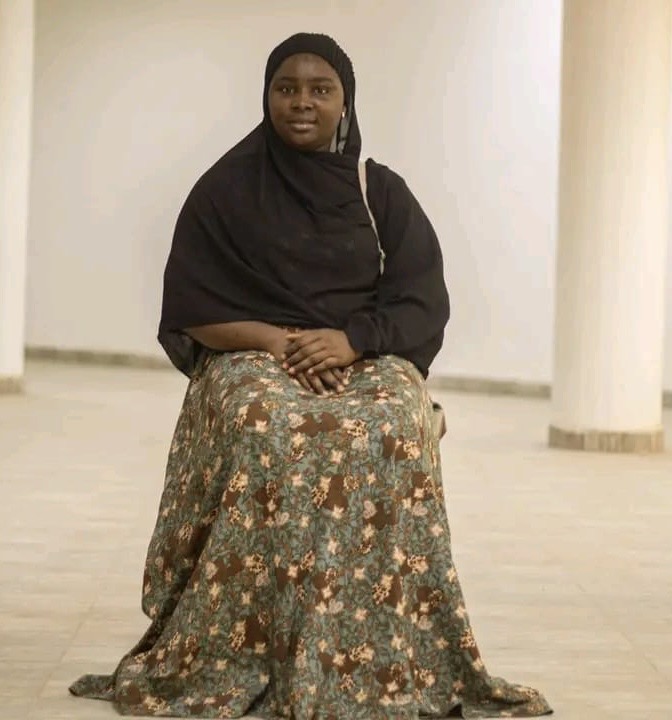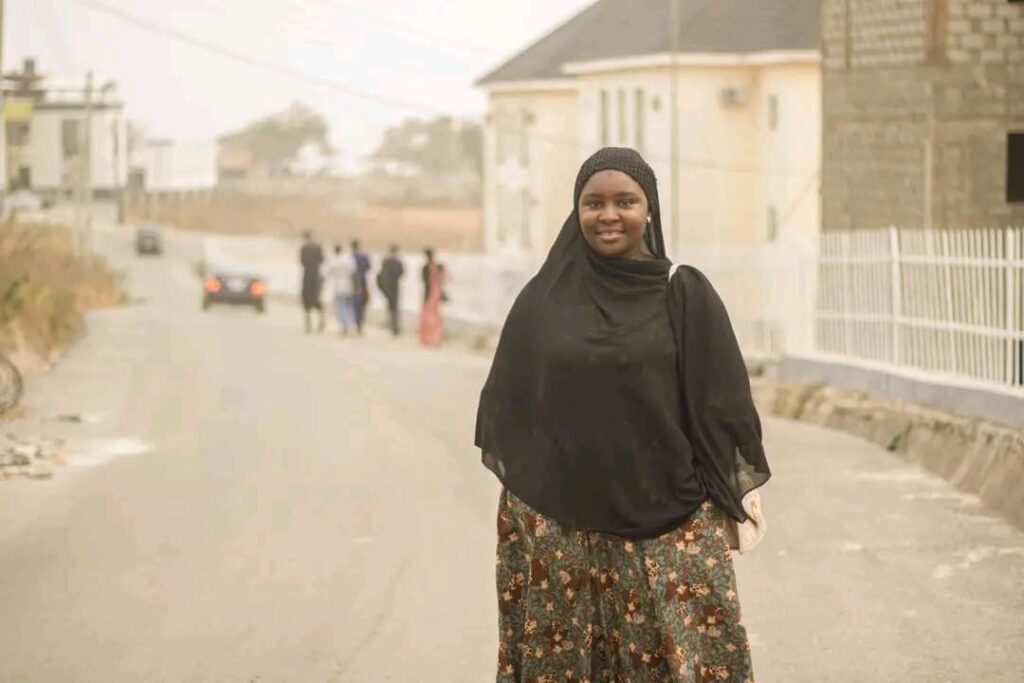By Zainab Ibrahim
Khadija Haruna is a student at Ibrahim Badamasi Babangida University (IBB) in Lapai, North Central Nigeria. Her journey exemplifies the intricate interplay of ethno-religious combinations, where her identity is shaped by both her cultural roots and religious beliefs.

Born and raised in northern Nigeria, with legal ties to Imo State in the southeast, Khadija’s upbringing reflects the complexity of Nigeria’s diverse ethnic and religious landscape. She reflects, “I have lived in the north all my life, so my culture did not affect my religious practice.” However, she acknowledges that living in the East might have required a balance between culture and religion.
She attributes her steadfast adherence to Islam to the influence of her mother, who instilled religious teachings and cultural norms reminiscent of the Hausa tradition. This connection to her mother deeply influenced Khadija’s values and beliefs, despite facing opposition from her paternal family for her close ties to her northern heritage.

Khadija’s resilience in asserting her identity is evident as she navigates societal expectations and familial pressures. Despite being urged by her eastern relatives to embrace Christianity, she remains unwavering in her Muslim faith, firmly stating, “I do not need to please anyone. I am proud of my identity, and nobody can change that.”
Khadija’s story sheds light on the broader societal dynamics in Nigeria, where ethnic and religious identities often intersect and contribute to tensions and misunderstandings. She challenges these perceptions by advocating for unity amidst diversity and highlighting the compatibility of Igbo culture with Islam.
RELIGION AND ETHNICITY IN NIGERIA
In Nigeria, ethno-religious diversity is a defining feature, contributing to both the richness of its cultural tapestry and the challenges of communal strife and conflict.
Ethnic and religious identities are deeply intertwined and frequently serve as the basis for political mobilization, resource allocation, and citizenship rights.
The relationship between tribe and religion, as explored by authors like Richard Wright, underscores the complex interplay between tradition,
spirituality, and personal autonomy within marginalized communities.
KHADIJA’S STRENGTH IN HER DIVERSITY
Khadija’s strength lies in her embrace of her diverse heritage, proudly proclaiming, “I am a Muslim from an Igbo heritage with the blood of a Hausa woman.”
Her story serves as a testament to the resilience and empowerment found in embracing one’s multi-layered identity and transcending cultural boundaries.
In a world where she may be perceived as a minority, Khadija sees herself as part of a resilient majority, thriving amidst the richness of her diverse background.
As she navigates the complexities of her identity, Khadija remains a beacon of authenticity and inspiration, encouraging others to embrace their unique journeys of self-discovery.

